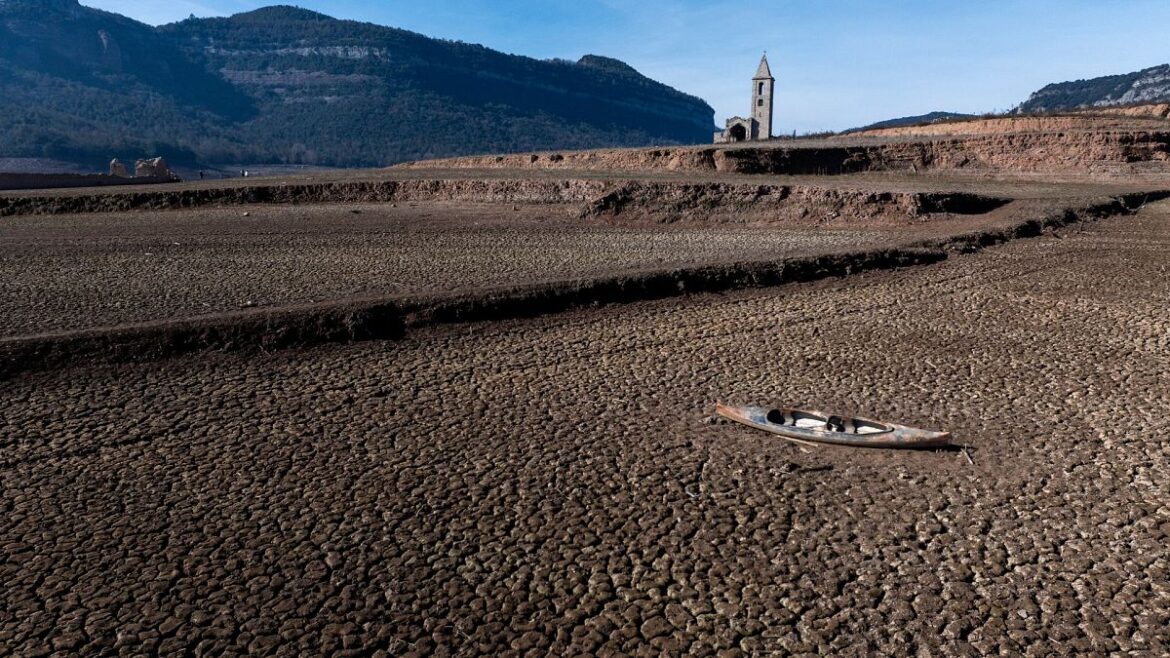Solar power, smart irrigation and weather-resistant crops are among the proposals to protect farmers and food security.
European Union officials pledged on Tuesday to develop more water-saving technologies in agriculture as droughts worsen.
Officials from nine southern EU countries said they will work together to mitigate strain on farmers and threats to food security.
The promises came during a gathering in Cyprus of the so called MED9 countries – Croatia, France, Greece, Italy, Malta, Portugal, Spain and Slovenia – to address growing water scarcity as a result of climate change, especially in the Mediterranean region, which they say is being affected to a greater degree than other parts of the 27-member bloc.
The officials also pledged to share technical and practical data and launch joint research programs to make water use as efficient as possible.
“Climate change is a real threat to food production worldwide, and this risk is even more severe in the Mediterranean area,” Spain’s Agriculture Minister Luis Planas told the meeting. “We must both fight climate change and, at the same time, adapt the working conditions of our farmers to this new climate situation.”
How could the EU save water in farming?
Cyprus Agriculture Minister Maria Panayiotou warned that Europe last year faced its worst drought in 500 years and cited local examples of “smart” irrigation systems and solar power-related technologies that help protect crops, generate electricity and save water use by 30 per cent.
Portuguese Agriculture Minister Jose Manuel Fernandes urged for more EU funding to help finance new water-saving technologies and create new incentives to attract younger people to revitalise an ageing farming population.
French Agriculture Minister Marc Fesneau highlighted latest techniques that help create new crops, able to thrive in harsher climate conditions while Fernandes said so-called genomic research is “totally different” from genetically modified crops that have stirred controversy within the bloc in the past.
The MED9 officials also urged the EU to come up with a common approach to water conservation while taking into account regional requirements.
“As the climate crisis will have a major impact on global food security, climate change adaptation must be placed at the heart of our common policies,” Slovenia’s Agriculture Minister Mateja Čalušić said.

